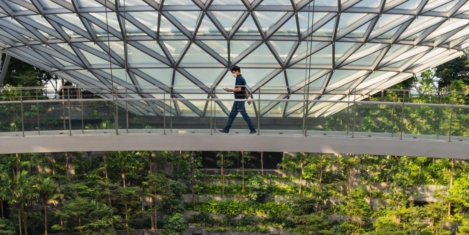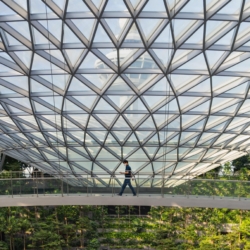April 23, 2025
AI ushers in the era of the ‘frontier firm’, Microsoft report claims
 A new report from Microsoft claims that 2025 will mark a new point in the evolution of work, with organisations across the globe now entering what it calls the age of the ‘Frontier Firm’. The report defines this as a ‘future-facing business model in which a combination of artificial intelligence and human collaboration reshapes work processes and redefines the very structure of enterprises’. The 2025 Work Trend Index, published by Microsoft’s WorkLab, claims to draw on one of the most comprehensive datasets to date, combining insights from 31,000 workers across 31 countries, thousands of Microsoft 365 ‘productivity signals’, and labour market trends derived from LinkedIn’s global data. The report argues that AI is no longer a novel addition to the workplace — it is becoming central to how work is done, who does it, and what organisations can achieve. (more…)
A new report from Microsoft claims that 2025 will mark a new point in the evolution of work, with organisations across the globe now entering what it calls the age of the ‘Frontier Firm’. The report defines this as a ‘future-facing business model in which a combination of artificial intelligence and human collaboration reshapes work processes and redefines the very structure of enterprises’. The 2025 Work Trend Index, published by Microsoft’s WorkLab, claims to draw on one of the most comprehensive datasets to date, combining insights from 31,000 workers across 31 countries, thousands of Microsoft 365 ‘productivity signals’, and labour market trends derived from LinkedIn’s global data. The report argues that AI is no longer a novel addition to the workplace — it is becoming central to how work is done, who does it, and what organisations can achieve. (more…)



































